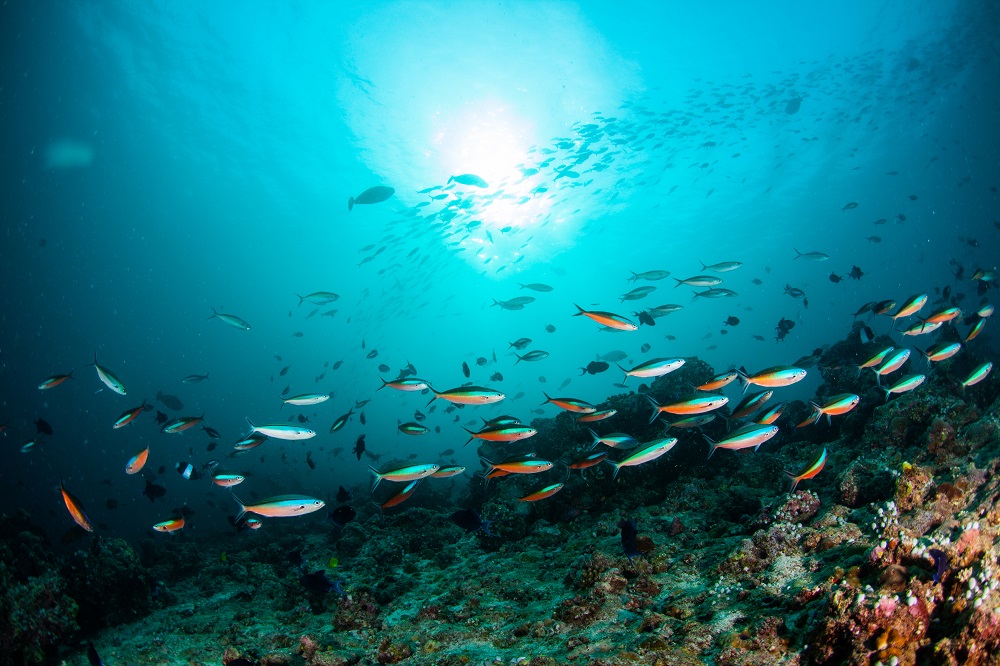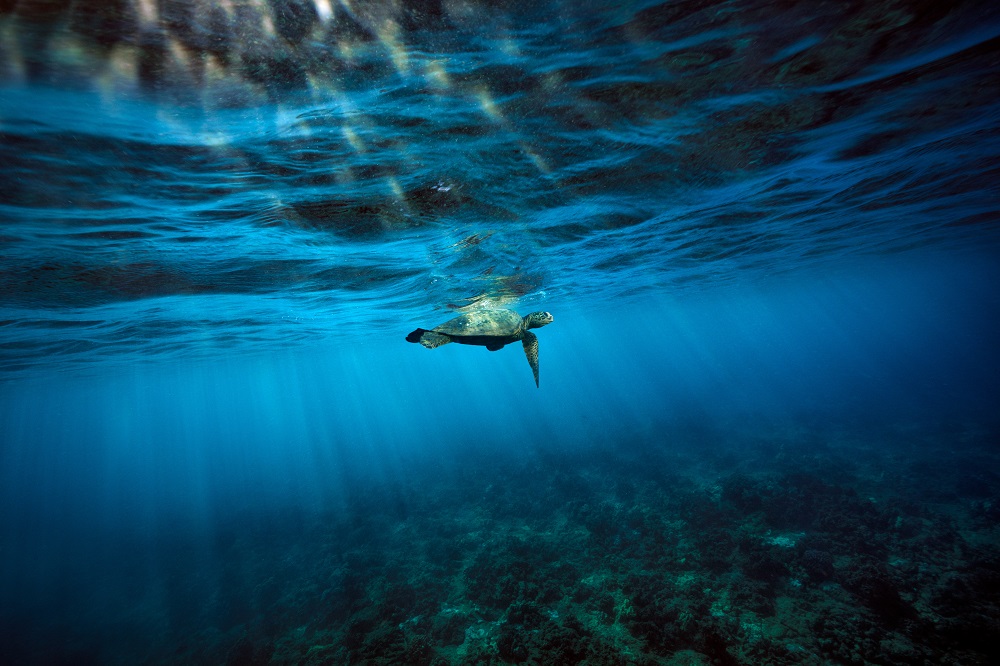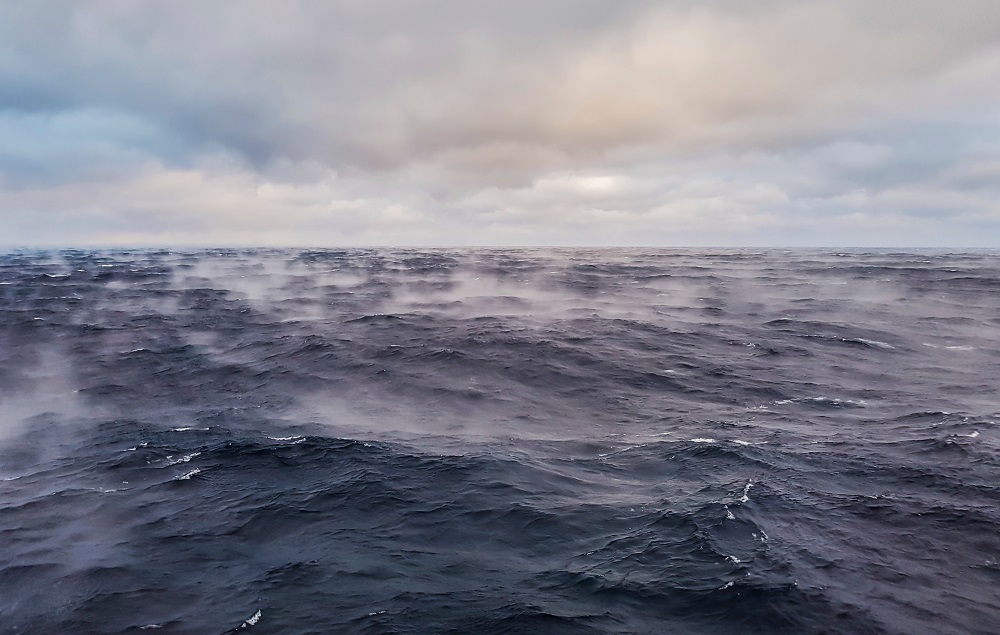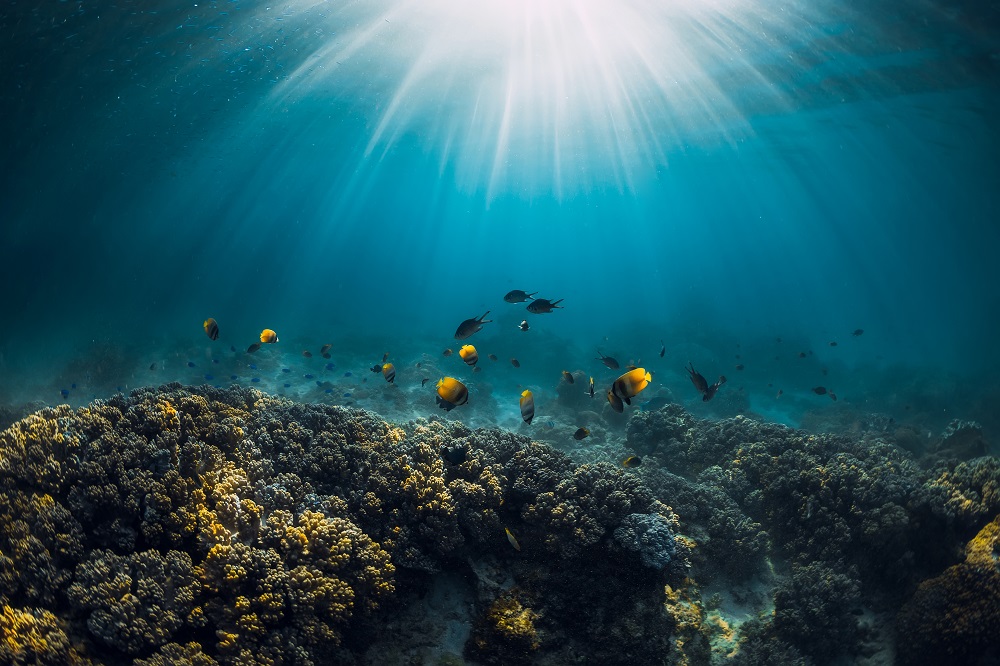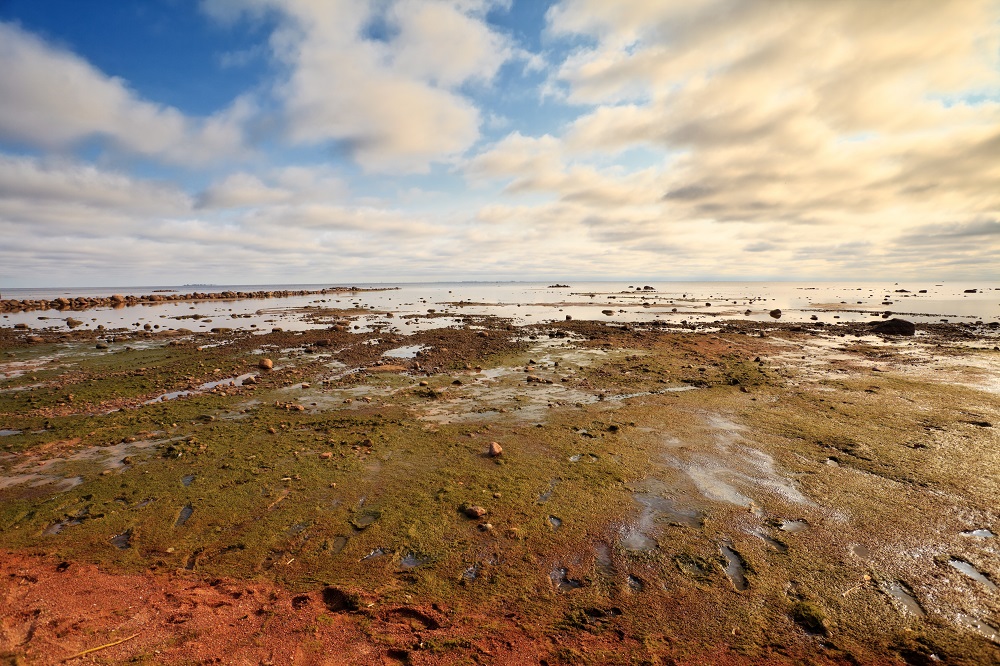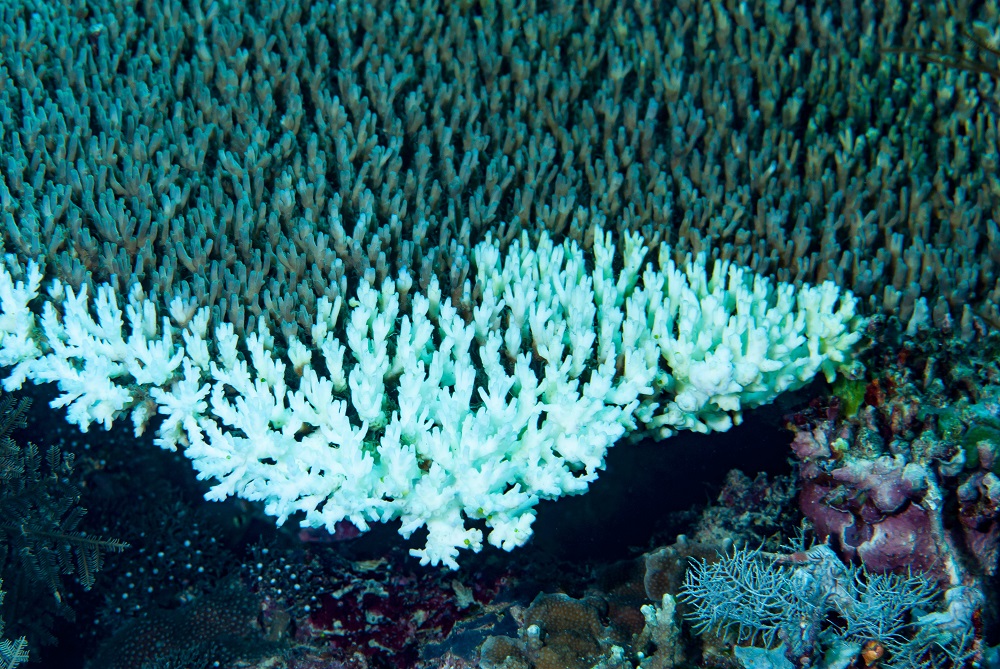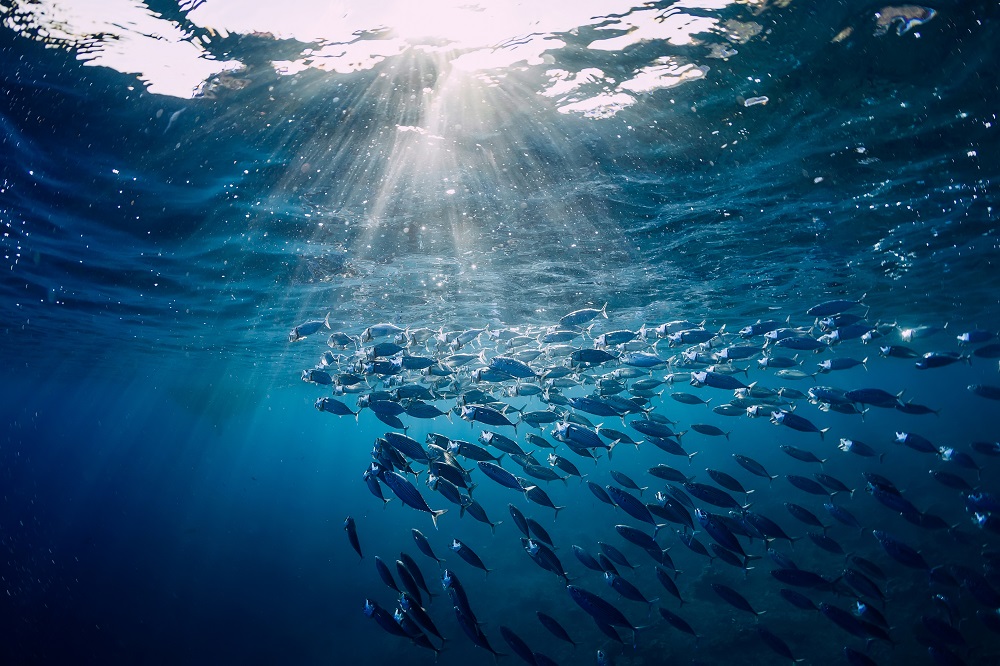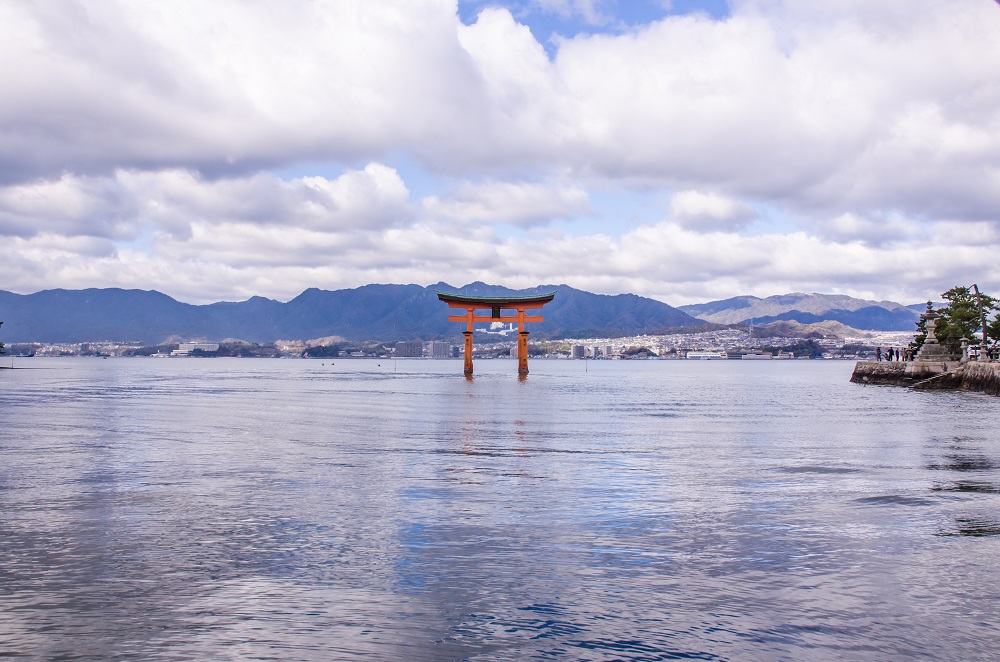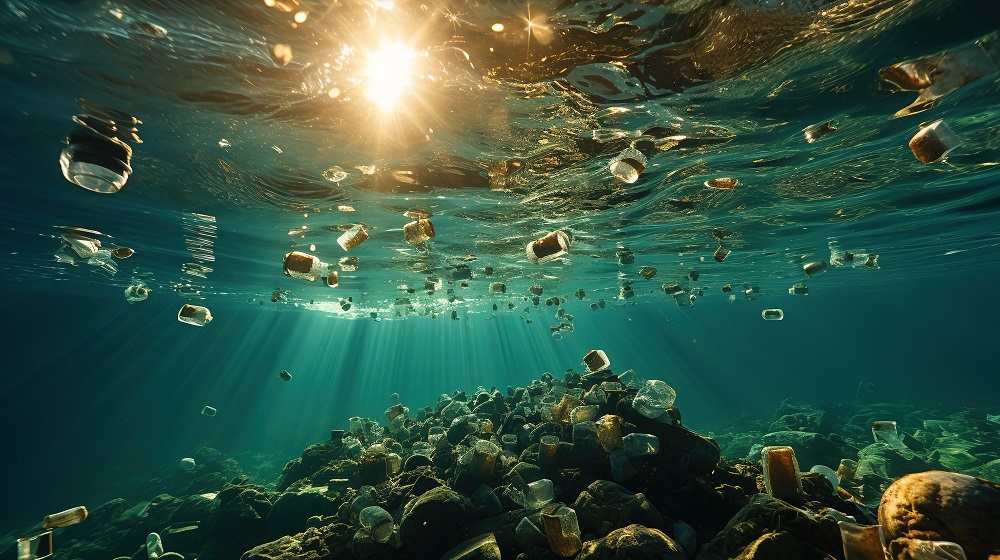A zero-pollution ocean will only be possible if policymakers, business leaders and investors have access to sufficient evidence to evaluate the scope, scale and impact of marine pollution and to take action. Download this short discussion paper to read our recommendations.
THE CRITICAL NEED FOR MARINE POLLUTION DATA
Back to Blue, an initiative of Economist Impact and The Nippon Foundation, is launching a global call to action to close the marine pollution data gap
Pollution caused by human activity accumulates in the seas. Yet poor and inaccessible data means building a coherent and holistic picture of marine pollution is impossible. Plastic pollution garners headlines, but a plethora of other chemicals and contaminants— mostly unseen—are likely doing as much, if not greater, harm to ecosystems, marine life and human health. On this score society knows frighteningly little: there has been no comprehensive global effort to harmonise, collate, analyse and interpret data to build a holistic picture of marine pollution and its impacts.
Chemicals and other contaminants reduce biodiversity and damage the marine ecosystem. Ocean pollution is an economic problem too, damaging fi sheries, reefs and coastal environments. A zero-pollution ocean is critical to achieving global climatechange and biodiversity targets, yet it will only be possible if policymakers, business leaders and investors have access to sufficient evidence to evaluate the scope, scale and impact of marine pollution and to take action.
Back to Blue has published a discussion paper, The Zero-Pollution Ocean: A call to close the evidence gap, and calls on all individuals including scientists, activists, policymakers, investors and business leaders to join the conversation about how to spearhead a co-ordinated global response to marine pollution.
Back to Blue’s recommendations
That marine pollution—beyond plastic—be central to the agenda at the 2025 UN Ocean Conference and other major meetings, such as the United Nations Environment Assembly in 2024, with a view to raising awareness and spurring action among policymakers.
That the UN Ocean Decade framework be used to foster effective collaboration among the various agencies that collect and hold data and other resources relevant to understanding marine pollution, including (but not limited to) UN agencies, national government agencies, universities, scientific organisations and the private sector.
That a strategic plan be developed by 2025, setting out the pathway to building a comprehensive global understanding of marine pollution. This process must incorporate the widest possible range of actors from the UN system, national governments, scientific agencies, universities, NGOs and the private sector, including the technology industry.
That a diverse group of projects and initiatives—including Back to Blue—work collaboratively with scientists to raise awareness and use existing marine pollution data to inform policymakers, business leaders and the broader public.
To follow the Roadmap’s progress or contribute, please sign up to the Back to Blue newsletter.
EXPLORE MORE CONTENT ABOUT THE OCEAN
Back to Blue is an initiative of Economist Impact and The Nippon Foundation
Back to Blue explores evidence-based approaches and solutions to the pressing issues faced by the ocean, to restoring ocean health and promoting sustainability. Sign up to our monthly Back to Blue newsletter to keep updated with the latest news, research and events from Back to Blue and Economist Impact.
The Economist Group is a global organisation and operates a strict privacy policy around the world.
Please see our privacy policy here.
THANK YOU
Thank you for your interest in Back to Blue, please feel free to explore our content.
CONTACT THE BACK TO BLUE TEAM
If you would like to co-design the Back to Blue roadmap or have feedback on content, events, editorial or media-related feedback, please fill out the form below. Thank you.
The Economist Group is a global organisation and operates a strict privacy policy around the world.
Please see our privacy policy here.




 World Ocean Summit & Expo
2025
World Ocean Summit & Expo
2025 UNOC
UNOC Sewage and wastewater pollution 101
Sewage and wastewater pollution 101 Slowing
the chemical tide: safeguarding human and ocean health amid
chemical pollution
Slowing
the chemical tide: safeguarding human and ocean health amid
chemical pollution Hazardous chemicals in plastics - the discussions at INC
Hazardous chemicals in plastics - the discussions at INC









